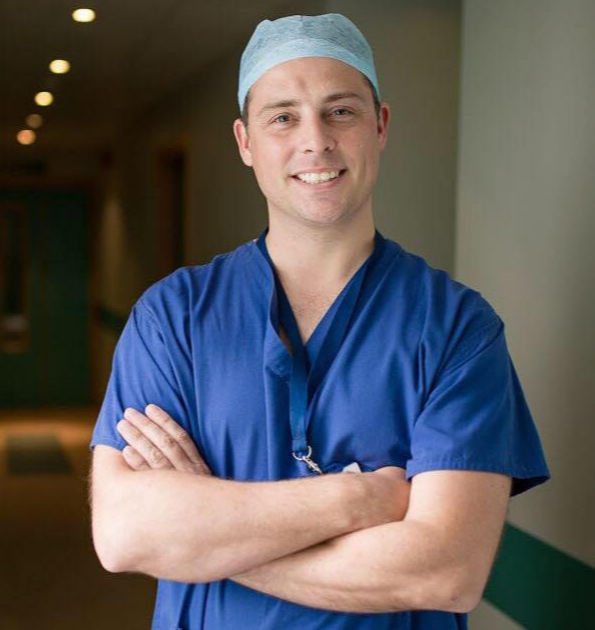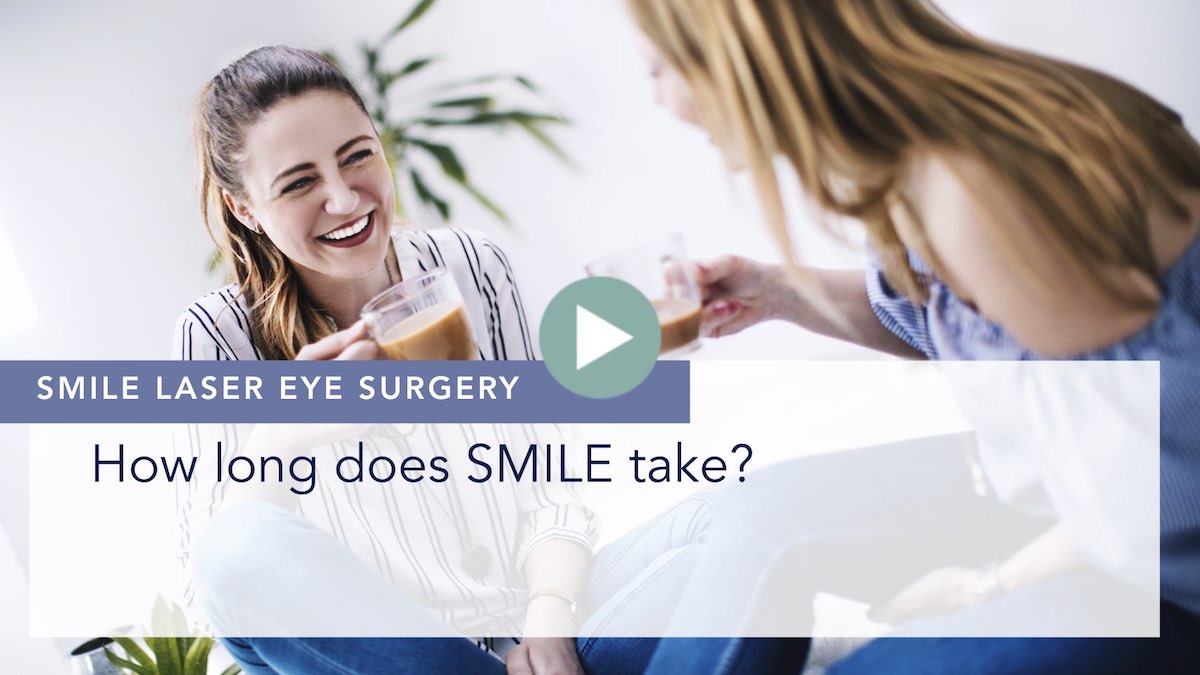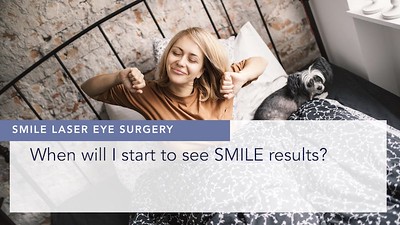Interview transcription:
We interviewed Alex Shortt to ask him about the duration of SMILE laser eye surgery.
Interviewer: How long does the whole thing take? As I understand, SMILE involves more surgeon time, am I right? The surgeon is doing more on the eye, as opposed to allowing the machine to do quite a bit of it. Does it extend the length of the procedure? And how does it feel? What are the differences in terms of how long the procedure takes?
SMILE vs. LASIK
Alex Shortt: The SMILE procedure is, actually, shorter in time than a LASIK procedure. The reason for that is, if you’re going to have LASIK, we need to use two separate lasers and we need to move you between them. The first laser makes the flap. The second laser we have to peel open the flap, do the laser, replace the flap. And that’s, actually, quite a lot of manipulation. It takes time.
I would argue that there’s more manipulation in surgery than SMILE. SMILE involves one single laser and then the removal of the excess tissue, via the tiny three-millimetre keyhole incision.
It’s a very rapid procedure. So, the surgeon time and the end-to-end surgery time is less in my hands with SMILE, than with LASIK.
Skills for SMILE
Interviewer: Would you say you need a higher skilled surgeon to do SMILE?
Alex Shortt: It’s a different skill set.
I have reflected a lot on this. My initial thoughts were, this is just another laser eye surgery procedure.
But ZEISS, the manufacturer of the SMILE laser, they are the owners. And they patented and protected this technology. They insist you go on a very intensive 10-point training programme. And they will not sign you off to perform SMILE unless they’re happy that you’ve developed the necessary skills.
And what’s quite interesting is that LASIK is very much a one-handed procedure. The surgeon only ever needs to move one of their hands at a time. This involves not very much surgical skill.
So, in ReLEx SMILE, it is a dance with two hands, working together. And, so, surgical skill is a bigger factor in good SMILE outcomes than in good LASIK outcomes.
If you’d like to know more about vision corrective surgery, book a free initial screening today and I will personally answer your questions. Alternatively, take our free suitability quiz to find out which treatment you are suitable for.

About the author
Mr Alex J. Shortt | Consultant Ophthalmic Surgeon
MB BCh MSc PhD FRCOphth PGDipCatRef
I’m Alex Shortt, a highly trained academic researcher and Consultant Ophthalmic Surgeon based in London’s famous Harley Street medical district. I trained and worked as a consultant for 14 years at London’s Moorfields Eye Hospital. I specialise in advanced technologies for correcting vision, including cataract surgery, implantable contact lenses and laser vision correction.






